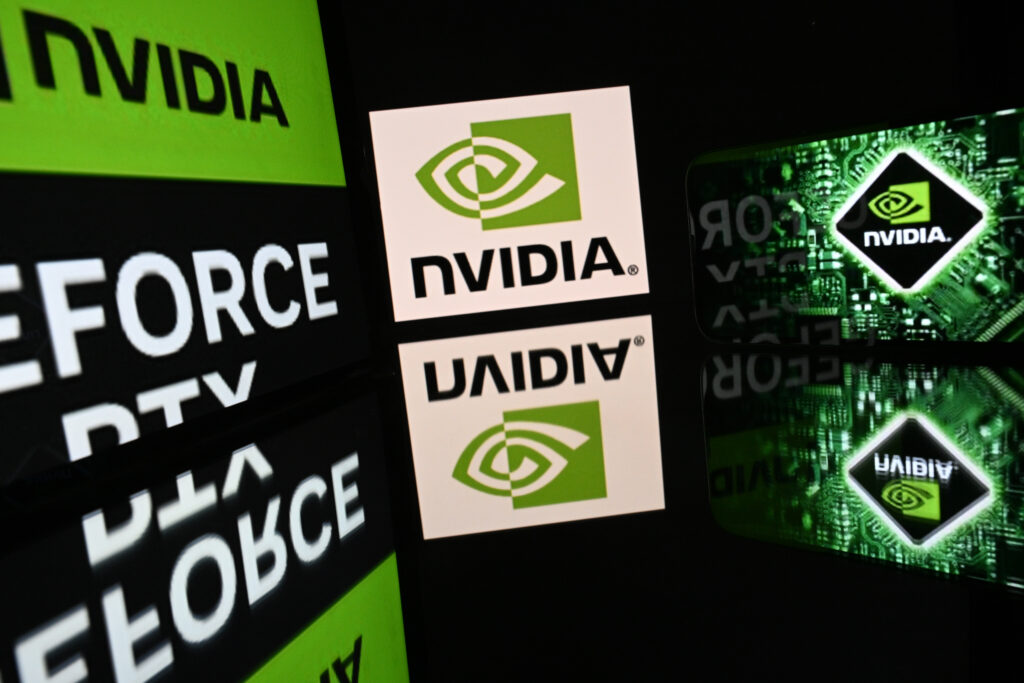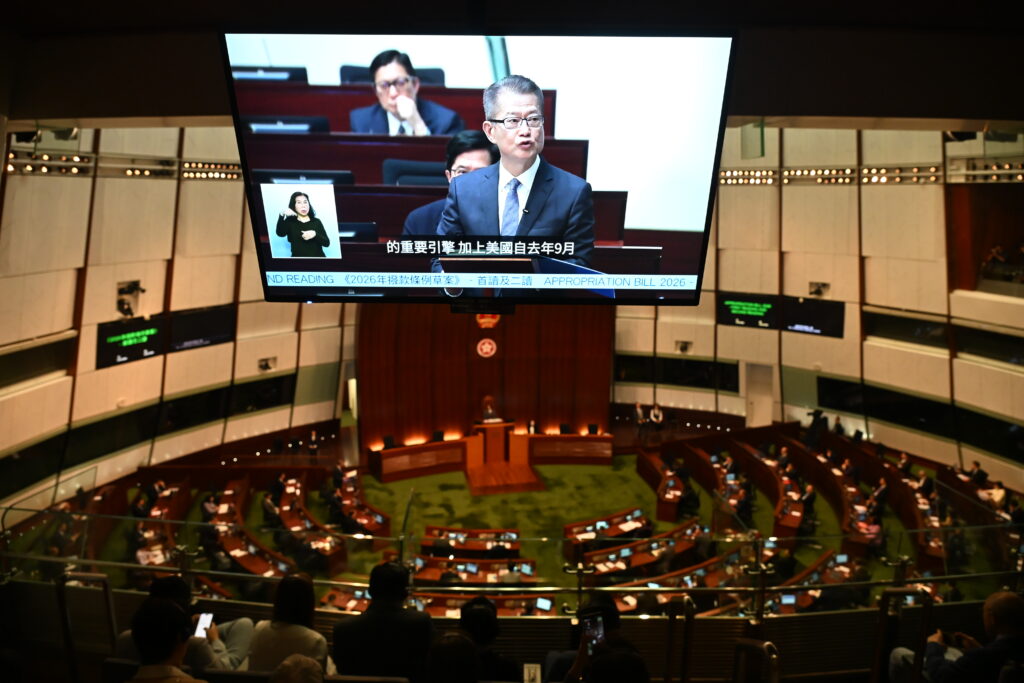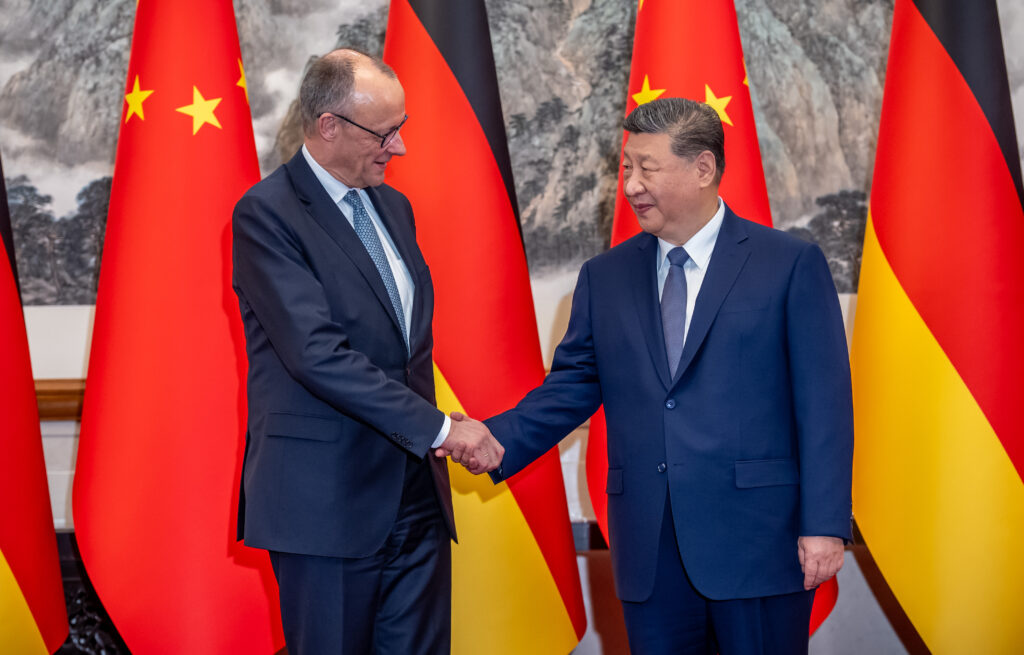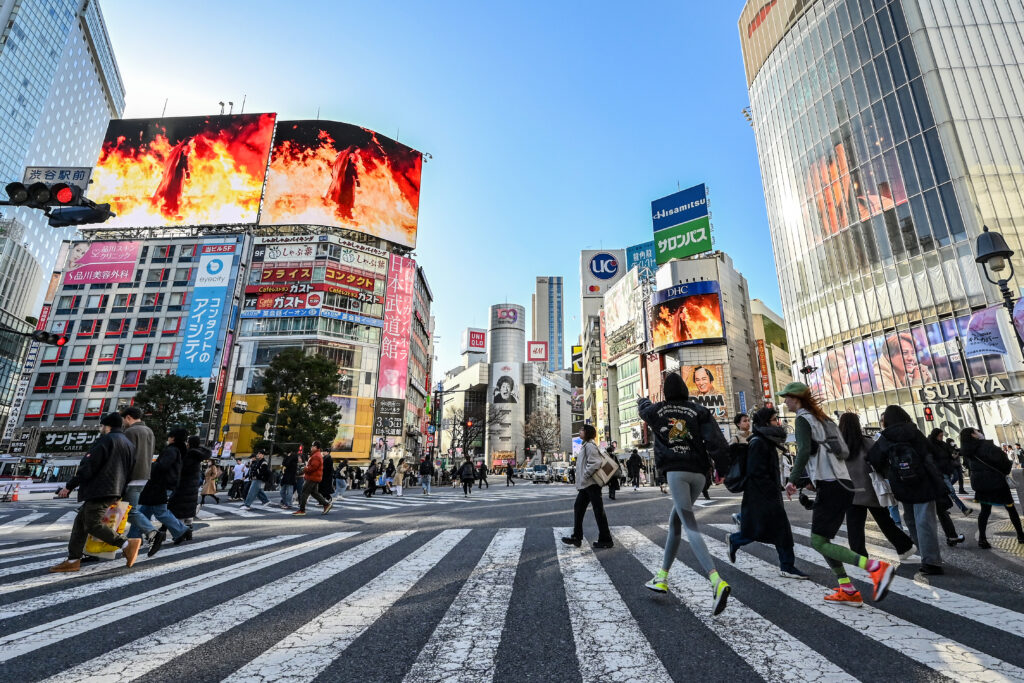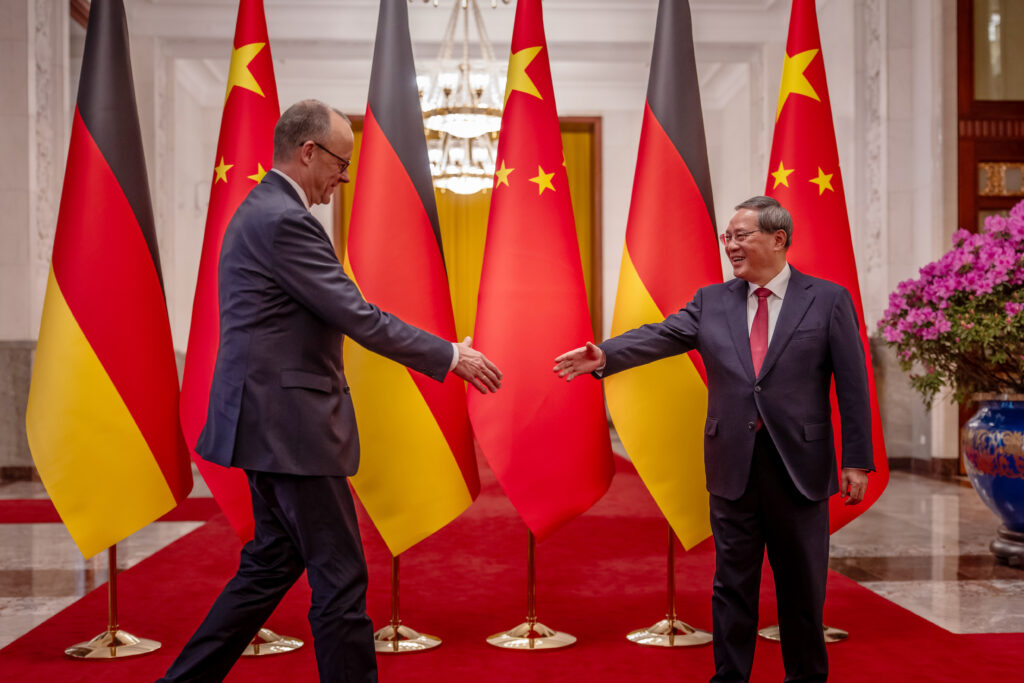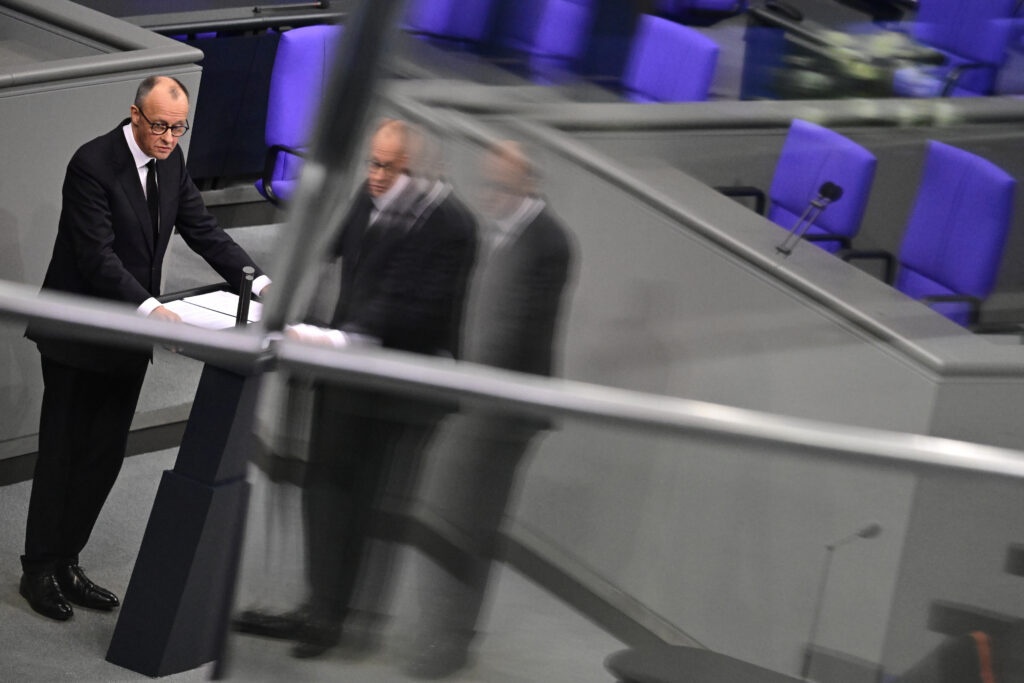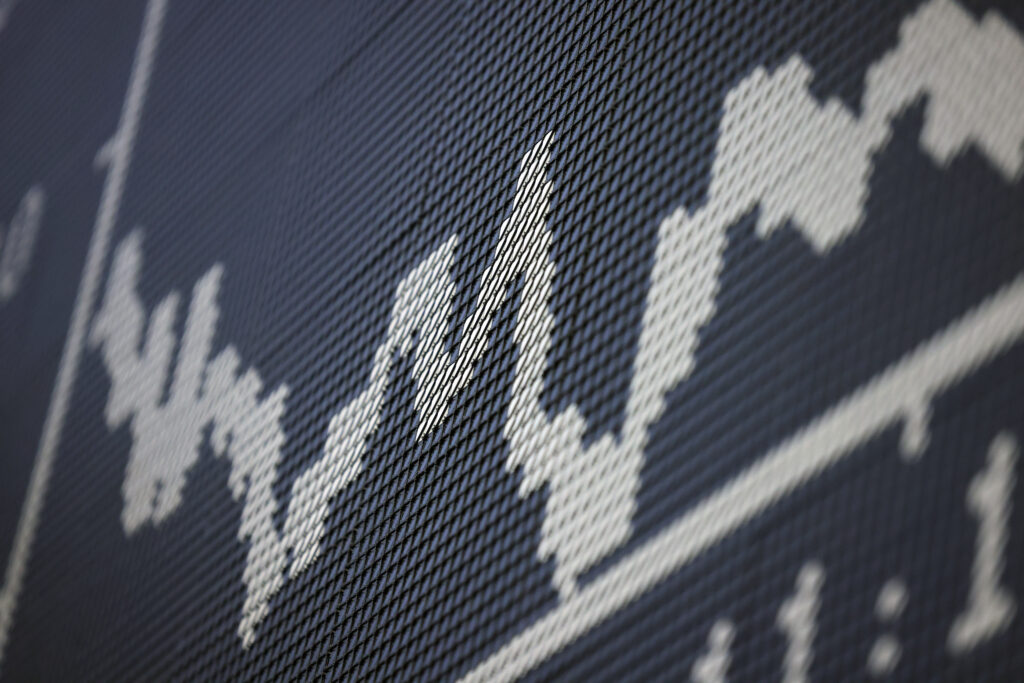Stock markets strike record highs as AI concerns ease
Stock markets in Asia and Europe reached record highs Wednesday while Wall Street indices continued to advance on easing worries about the AI sector and ahead of chip behemoth Nvidia releasing its earnings.Seoul, Tokyo, London, and Paris exchanges each beat their previous intraday highs, also in reaction to well-received company updates.In New York, the tech-centered Nasdaq again led the way, rising 1.3 percent. Global equities gained “as the apocalyptic AI narrative takes a small step back”, noted Matt Britzman, senior equity analyst at Hargreaves Lansdown.Investors have adopted a more sanguine view following a presentation by AI company Anthropic that emphasized the compatibility of its technology with existing programs.Hopes are also elevated ahead of an earnings report from Nvidia later Wednesday.”People are speculating that likely they’ll (Nvidia) have good things to say,” said Briefing.com analyst Patrick O’Hare, who also attributed the rise to investor bargain hunting after earlier declines.A surge in shares in big tech firms deploying AI helped drive equity markets to record highs last year. Investors have sometimes been seized in recent months by concern that share prices have become over-valued and that the technology might not become profitable, however.Other declines have been driven by concerns that the technology will disrupt other businesses.Such worries were sparked by a weekend report by Citrini Research that said certain sectors, from financial to food delivery firms, could be at risk from new AI tools.- Asia high -Earlier, Seoul’s Kospi topped 6,000 points for the first time, led once again by chip titans Samsung and SK hynix. The index has surged more than 40 percent this year, having rallied 76 percent in 2025.Tokyo piled on more than two percent to hit a new peak, with tech firms Advantest and Tokyo Electron among the best performers.In Europe, shares in HSBC jumped 6.7 percent after the global bank posted better-than-expected 2025 earnings.Elsewhere, the yen retreated further against the dollar on media reports that Japanese Prime Minister Sanae Takaichi had told Bank of Japan boss Kazuo Ueda of her concern about hiking interest rates further.Oil prices edged higher ahead of a third round of talks between Iran and Washington in Geneva on Iran’s nuclear program.In his State of the Union address on Tuesday, US President Donald Trump accused Tehran of “sinister nuclear ambitions” after he ordered a massive military deployment around the Gulf.- Key figures at around 2115 GMT -New York – Dow: UP 0.6 percent at 49,482.15 (close)New York – S&P 500: UP 0.8 percent at 6,946.13 (close)New York – Nasdaq Composite: UP 1.3 percent at 23,152.08 (close)London – FTSE 100: UP 1.2 percent at 10,806.41 (close)Paris – CAC 40: UP 0.5 percent at 8,559.07 (close)Frankfurt – DAX: UP 0.8 percent at 25,175.94 (close)Tokyo – Nikkei 225: UP 2.2 percent at 58,583.12 (close)Hong Kong – Hang Seng Index: UP 0.7 percent at 26,765.72 (close)Shanghai – Composite: UP 0.7 percent at 4,147.23 (close)Dollar/yen: UP at 156.46 yen from 155.87 yen on TuesdayEuro/dollar: UP at $1.1805 at $1.1772Pound/dollar: UP at $1.3554 from $1.3489Euro/pound: DOWN at 87.10 pence from 87.26 penceBrent North Sea Crude: UP 0.1 percent at $70.85 per barrelWest Texas Intermediate: UP 0.3 percent at $65.42 per barrelburs-jmb/dw
